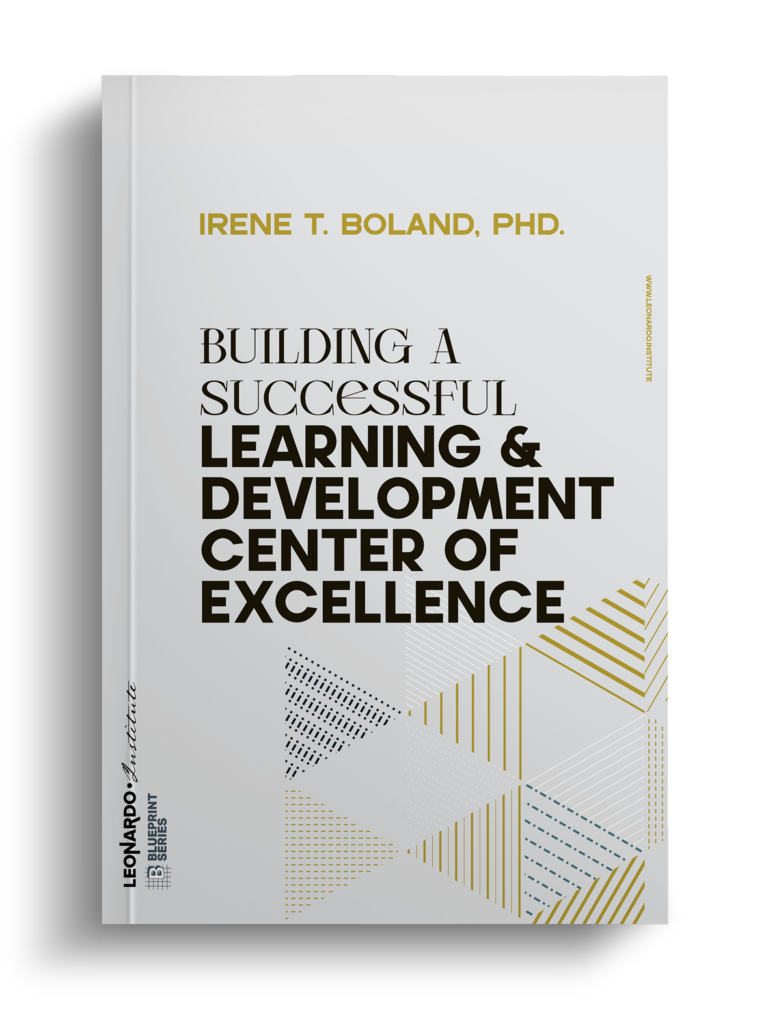Developing a high-trust culture requires diligence over the long haul. Trust deepens through consistent behaviors reinforced over time. Yet organizations must also stay nimble. This article explores strategies for sustaining trust through steadfast adherence to principles while also adapting to support employees’ evolving needs.
Consistency
The bedrock of trust is consistency in upholding values and meeting expectations. Employees observe leaders’ behaviors closely for alignment between words and actions. Even small inconsistencies raise questions. Strive for reliability in all areas – following through on promises, maintaining transparency, addressing issues promptly, and avoiding double standards.
Ensure policies and practices reinforce trustworthy behaviors across the company. The more leaders model integrity over time, without wavering, the more trust becomes woven into the cultural fabric.
Adaptability
Though trust relies on consistency, organizations must also stay responsive to changing needs. Employees trust leaders who show care through flexibility and support during evolving circumstances. Balance adaptability in programs and processes with steadfastness on core values. Gather regular input from employees to ensure initiatives map to their concerns.
Transparently explain reasoning behind any necessary changes or exceptions to maintain confidence. With open communication and genuine empathy for impact on employees, organizations can adapt while remaining grounded in trust.
Continuous Improvement
Sustaining trust requires regularly strengthening organizational trust “muscles.” Seek feedback through surveys, town halls, and one-on-one conversations on where trust may be lacking. Analyze any problematic patterns and implement targeted improvements.
Also create systems for reporting and learning from mistakes non-punitively. Discuss trust-related incidents in leaders’ meetings as opportunities for growth. And double down on employee development around ethics, communication, and relationship-building. By continually enhancing trust-focused skills and programs, you build an ever-stronger foundation.
Put it to Work
Help leaders grasp the interplay of consistency and adaptability. Train them to explain reasoning when changes are necessary. Provide coaching on integrating empathy and flexibility while upholding values. Develop trust-focused improvement plans and reinforce behavioral expectations. Foster an environment where employees feel safe surfacing trust gaps. With commitment to strengthening trust-building muscle memory, organizations can sustain trust for the long haul.
The Takeaway
Organizations need both consistency and adaptability to cultivate enduring trust. Maintain reliable transparency, ethics, and care for people over time. Yet also stay responsive to evolving needs through open communication and compassion. By continually reinforcing and enhancing trust-building skills and processes, learning professionals help sustain cultures where employees can continuously thrive and perform at their best.


